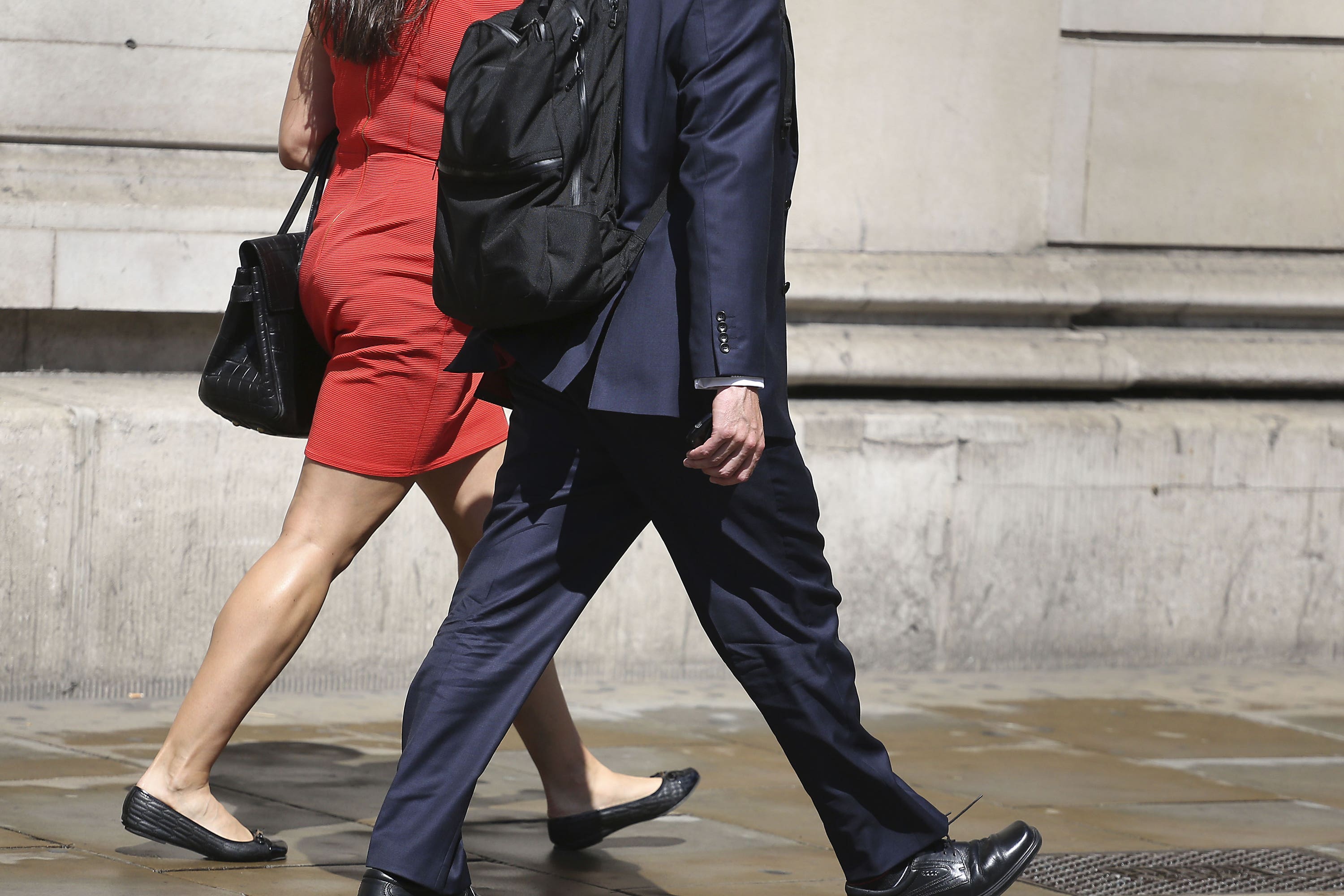Hiring slows as workers hesitant to switch jobs amid worsening economy
The number of people placed into permanent jobs by recruitment agencies fell for the second consecutive month in November, the REC found.

Your support helps us to tell the story
From reproductive rights to climate change to Big Tech, The Independent is on the ground when the story is developing. Whether it's investigating the financials of Elon Musk's pro-Trump PAC or producing our latest documentary, 'The A Word', which shines a light on the American women fighting for reproductive rights, we know how important it is to parse out the facts from the messaging.
At such a critical moment in US history, we need reporters on the ground. Your donation allows us to keep sending journalists to speak to both sides of the story.
The Independent is trusted by Americans across the entire political spectrum. And unlike many other quality news outlets, we choose not to lock Americans out of our reporting and analysis with paywalls. We believe quality journalism should be available to everyone, paid for by those who can afford it.
Your support makes all the difference.Fewer foreign workers, labour shortages, and people being more hesitant to take up new jobs amid heightened economic uncertainty has led to sharp drops in the number of workers available for recruiting firms, according to a new report.
The number of people placed into permanent jobs by recruitment agencies fell for the second consecutive month in November, the Recruitment and Employment Confederation (REC) found in its report with audit giant KPMG.
This marks a shift from the recent upward trend of employers increasing hiring, indicating that businesses are having a harder time filling permanent vacancies.
However, companies hiring temporary roles lifted slightly, suggesting that employers are taking on staff on a more flexible, short-term basis rather than hiring permanent positions.
The closely watched jobs report, which surveys around 400 recruitment consultancies, found that overall availability of workers continued to deteriorate during November, and at a steeper pace than seen on average since the survey began 25 years ago.
Recruiters said that people have been more hesitant to switch jobs during a period of heightened economic uncertainty in the UK and amid the deepening cost-of-living crisis.
It also pointed to a shortfall in foreign workers impacting companies’ hiring plans, following Brexit restricting the free movement of workers between the UK and the European Union (EU).
Nevertheless, the decline in available workers softened in November compared to previous months, indicating that labour supply has begun to stabilise.
Although this could partly be because greater redundancies in the latest month led to more workers looking for new jobs, the report suggested.
Starting salaries for permanent positions continue to rise in November, but at the slowest rate in 19 months, the report added.
Neil Carberry, chief executive of the REC, said: “This month’s data emphasises that while employers are moderately more cautious in the face of economic uncertainty, this is not yet a major slowdown in hiring.
“While permanent recruitment activity has dropped from the very high levels of earlier in the year, the pace of that drop has tempered this month.
“In contrast, temporary hiring has accelerated again in the run-up to Christmas. There are clearly some seasonal factors at work here, with retail and healthcare recruitment leading the way.
“But there may also be some switching to temporary going on, as firms maintain flexibility ahead of next year.
“As the economic outlook weakens, we can expect to see falls from historic highs across our measures, but it is notable that pay and vacancies are still growing, although at a much lower rate.”